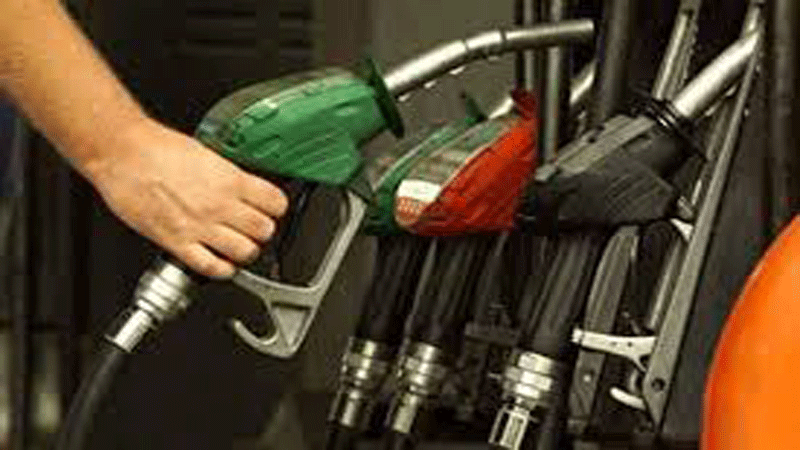 The Pakistan Petroleum Dealers Association (PPDA) has deferred strike to shut fuel pumps across the country for two days, a private TV channel reported. The development came after the association members held negotiations with State Minister for Petroleum Musadik Malik, who arrived in Karachi earlier in eth day in a bid to convince the PPDA to call off the nationwide strike. In a statement, the PPDA said they might hold another round of negotiations with the government after two days.
The Pakistan Petroleum Dealers Association (PPDA) has deferred strike to shut fuel pumps across the country for two days, a private TV channel reported. The development came after the association members held negotiations with State Minister for Petroleum Musadik Malik, who arrived in Karachi earlier in eth day in a bid to convince the PPDA to call off the nationwide strike. In a statement, the PPDA said they might hold another round of negotiations with the government after two days.
A day earlier, the PPDA announced shutting down fuel pumps across the country from July 22, demanding an increase in profit margins amid an inflation crisis.
“We will shut down all petrol pumps across Pakistan on July 22, 6pm,” said the association, which further says it has more than 10,000 members.
In a statement, the association said the petroleum minister was informed about their concerns but to no avail.
The official communique said interest rates and inflation have hit operators’ businesses and called for the dealership margin to be increased.
It said sales have slumped by 30% due to Iranian fuel being smuggled into the country.
“Around 8,000-9,000 (operators) … represented by us, will be shut on July 22,” Abdul Sami Khan, chairman of the association, told Reuters. The association said the supply of petrol will remain suspended until the demands are met. Pakistan is dealing with a weakening currency and a prolonged period of inflation with the national rate hitting 29.4% in June, down from a record high of 38% in May.
Earlier in May, Pakistan’s oil industry had sought Rs12/litre margin on high-speed diesel (HSD) and Mogas (petrol) for oil marketing companies (OMCs) in view of the high cost of doing business, which has created financial hardships. On April 30, 2022 petroleum review, the OMCs margin on HSD was Rs6.50/litre whereas it was Rs6/litre on Mogas. Apart from the OMCs’ margin, dealers were charging Rs7/litre margin on HSD and Mogas The oil industry has been facing severe challenges since last year because of the increased cost of doing business. The reasons vary from increased fuel prices in the international market and exchange rate to increased interest rates (leading to inventory holding cost of around Rs3/litre), credit letter confirmation charges leading to higher demurrages, and high turnover tax (0.5 per cent) etc.